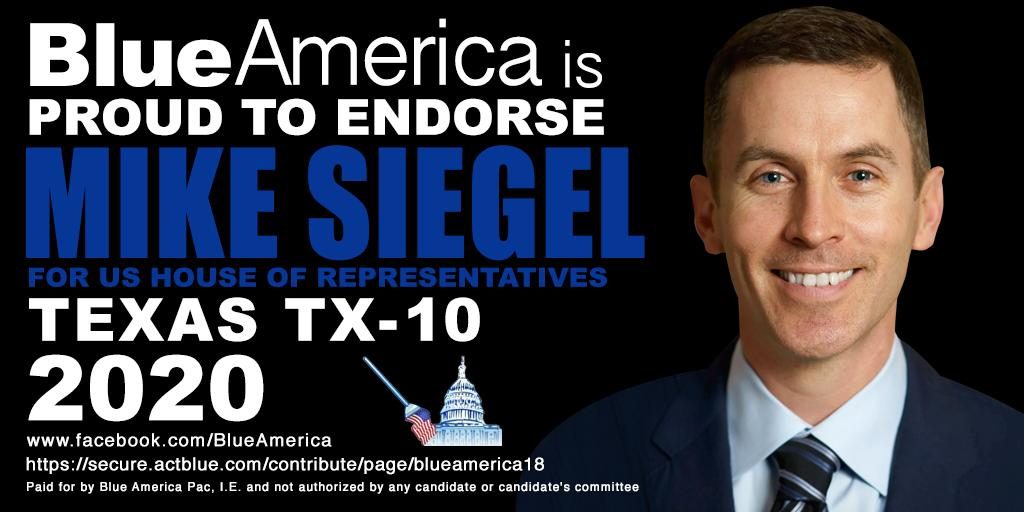
On September 21 at Huston-Tillotson University, a historically-black college in Austin, progressive congressional candidate Mike Siegel convenes a conference on the Green New Deal with representatives from political organizations, youth and environmental movements and labor unions, to address dealing with the climate crisis.
You might scratch your head and ask how a candidate running in a district that includes Houston area “oil patch” towns like Katy and Tomball could be running so prominently on the Green New Deal– but you wouldn’t have to ask if you already know Mike Siegel, the intrepid progressive Democrat who, without an ounce of encouragement, let alone a nickel in support from the DCCC, managed to hold entrenched conservative Republican Michael McCaul down to a 51.1% in a district where Obama lost by wide margins both times he ran and where Trump beat Hillary 52-43%.
Mike’s new cycle is off to a strong start with early endorsements from local Democratic officials and activists, Congressman Ted Lieu, the IBEW, the National Union of Healthcare Workers, Progressive Democrats of America and Blue America.
As you probably know, Blue America is supporting progressive candidates across the country, whether they’re running in solid blue districts, solid red districts, or anywhere in between. And we often meet progressives in places like Texas who say they can’t always message their policies in the same way as AOC or Ro Khanna, because the conversation is starting in a much different place. But in the TX-10, Mike Siegel, a strong, openly-progressive candidate, doesn’t look for any excuses and is unafraid to tell it like it is– on guns, voter suppression and impeachment, and on Medicare-for-All and the Green New Deal. Mike is out there fighting the good fight– far more progressively than the DCCC “suggests” and he has a great chance to win.
Siegel has made a big deal about a coal plant in in rural Fayette County in his district– the Fayetteville Power Project– and how it must be shut down, but also how the plan must provide a just transition for the workers and include clean-up to remedy environmental injustice. He’s hoping the town hall he’s organizing for September will help catalyze that movement.
“We have strong environmental community in Austin,” Siegel explained. “And we have a progressive labor community that recently got the Texas AFL-CIO to pass a strong resolution in support of the environmental movement. This town hall will help unite these forces, and work towards answering the question: Why can’t Austin, and the 10th congressional district, create a national model project, to show what the Green New Deal looks like?”
 It’s a wonder how he’s working to bring this about while campaigning for Congress and with– once again– no help from the DCCC, which has, in fact, been trying to recruit a more conservative candidate against him despite how Mike took McCaul’s advantage down from 19% to 4%.
It’s a wonder how he’s working to bring this about while campaigning for Congress and with– once again– no help from the DCCC, which has, in fact, been trying to recruit a more conservative candidate against him despite how Mike took McCaul’s advantage down from 19% to 4%.
Blue America has been supporting him since the beginning, and we hope you will join us and give Mike a boost. We need his voice in Congress, fighting for a more progressive Texas.
So read his guest post and if you think you’d like to help him replace Michael McCaul in Congress, consider clicking on the Taking Back Texas thermometer on the right and contributing what you can to his campaign.
“As a progressive Democrat running for Congress in the Texas 10th,” Mike told us, I am making the closing the coal plant a major part of the campaign. To do that, we are organizing in multiple counties, pushing policy changes at the local government level, and developing a legislative record that will support a broad movement for plant closure.”
It may be baffling to you that Austin would be complicit in dirty energy. As a city, we own our own electric utility (Austin Energy), and have made substantial investments in renewable energy generation. The City Council recently approved a resolution in support of the Green New Deal, and last election cycle we replaced the last remaining Republican on the council dais. Austin is a city pushing the limits of progressive local governance: challenging anti-immigrant policies at the state level, pushing to reduce the incarceration of low-income and marginalized communities, protecting our local aquifers and promoting sustainable living. But at the same time, we have not yet done the work to undo a deep legacy of environmental destruction that started with the creation of the coal plant in the late 1970s.
Without direct political control or legal avenues for redress, our choices are basically: give up, or get in the streets. We are choosing the latter.
Next month, in concert with Austin environmental groups, Fayette landowners, and a coalition of concerned individuals, we will push the Austin City Council to fund a comprehensive study of the human and environmental impacts of the coal plant. Austin may not be able to unilaterally close the plant, but it can use its resources (and, in fact, the proceeds from this destructive facility) to create a political wedge in support of the movement.
And then, in September, my campaign has organized a town hall on the Green New Deal, featuring a panel of local and national experts to push this conversation further. We hope to engage hundreds of local residents in the work to close the coal plant and build the alternative.
The Green New Deal has three core elements– addressing climate change, providing a just transition for workers, and remedying the legacy of environmental injustice– and we have the opportunity to accomplish all three right here, deep in the heart of Texas. My campaign is uniquely positioned, given our network of 1000+ volunteers, support from key industrial unions including the International Brotherhood of Electrical Workers, alliances with environmental groups such as Sierra Club and Clean Water Action, and our commitment to running a progressive campaign that not only seeks to elect a candidate, but also accomplishes good things along the way.
Stay tuned for the struggle to come. Austin has a chance to take a leading role in the national conversation, showing that a Green New Deal is not just possible, but is essential to our future health and success.
Join us! Together, we can win.
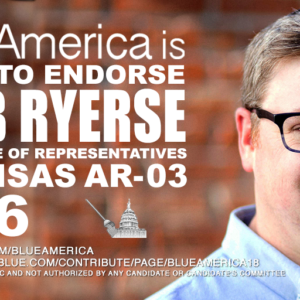
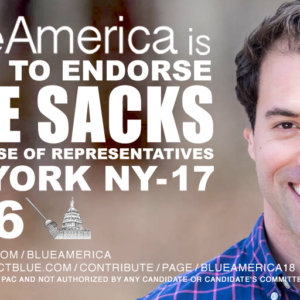

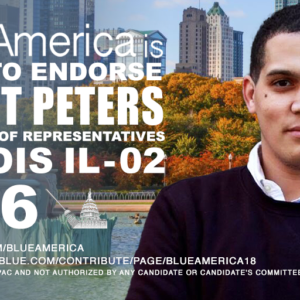
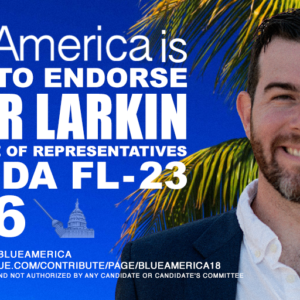



Comments